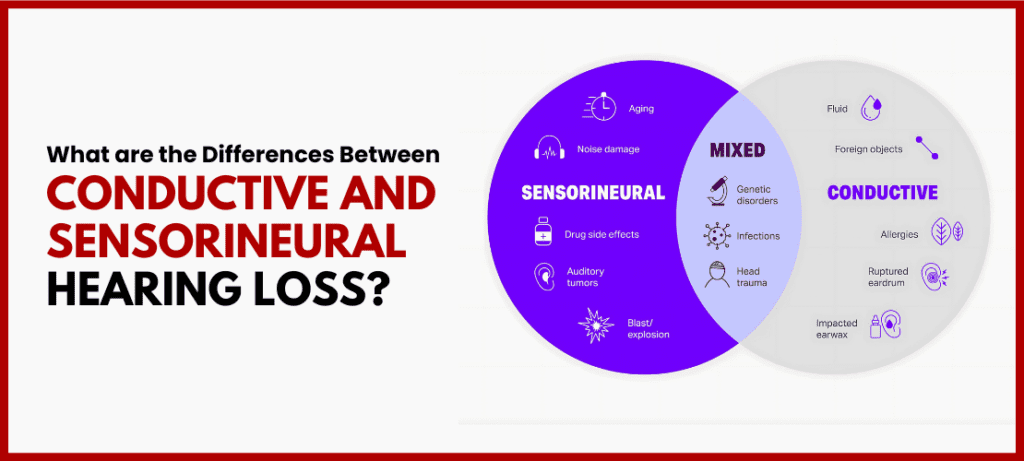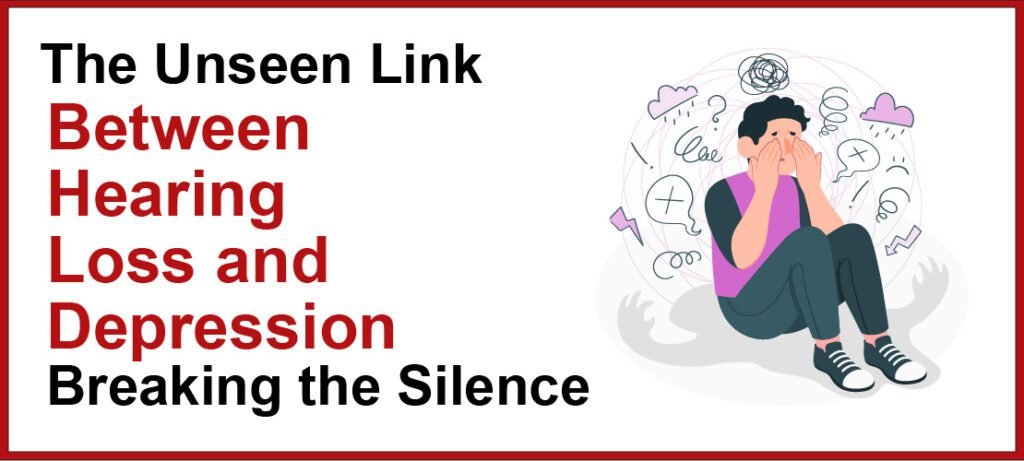Unlocking the Hearing Process
Table of Contents

Introduction:
Hearing is not just about the ears; it’s a sophisticated cognitive process where the brain is the true hero. While our ears play a pivotal role in capturing sounds, understanding and interpreting these sounds is a task managed by the brain. This insight shifts the focus from a mechanical to a cognitive perspective on hearing.
The Ear-to-Brain Mechanics of the Hearing Process
The journey of sound from the ear to the brain is a marvel of nature’s design. The outer ear captures sound waves, funneling them to the middle ear, where they are transformed into mechanical vibrations. These vibrations are then converted into hydraulic energy in the inner ear, finally reaching the auditory nerve as electrical impulses. This conversion process is critical for the brain’s interpretation and understanding of sounds.
A Step-by-Step Exploration of the Hearing Process
- Sound Wave Capture: Sound waves enter the ear canal, reaching the eardrum.
- Vibration Transmission: The eardrum vibrates, passing these movements through the middle ear’s tiny bones.
- Cochlear Conversion: Vibrations reach the cochlea, where they are converted into fluid waves.
- Electrical Signal Generation: Hair cells in the cochlea translate these waves into electrical signals.
- Brain Processing: These signals are sent to the brain and interpreted as sounds.
This intricate process underscores the importance of each component working harmoniously to ensure clear hearing.
The Cognitive Nature of Hearing
Understanding sounds goes beyond just receiving audio signals; it involves a complex cognitive process of decoding and interpretation by the brain. This cognitive aspect becomes especially apparent when considering conditions like auditory processing disorders, where the brain struggles to process sounds correctly, leading to challenges in hearing and comprehension.
Continuous Operation: The Auditory System’s Never-Ending Shift
Our auditory system is in constant motion, processing sounds 24/7. Even during sleep, the brain continues to receive and filter sounds, prioritizing important noises and discarding irrelevant background noise. This relentless operation highlights the cognitive load involved in hearing and the brain’s capacity to manage this load efficiently.
Enhancing Hearing Health: Insights and Solutions
At Quality Hearing Care, we delve deep into the hearing process to offer personalized care and solutions. Understanding the cognitive basis of hearing allows us to address individual needs effectively, from managing hearing loss to treating conditions like Tinnitus.
Conclusion: The Hearing Process Revisited
The hearing process is a testament to the brain’s remarkable ability to interpret the world around us. By recognizing the cognitive elements of hearing, we can adopt a more holistic approach to hearing health, ensuring a better quality of life for those affected by hearing challenges.
Related Post
-
 Hearing Loss: Types, Symptoms, Causes & Treatment
Hearing Loss: Types, Symptoms, Causes & Treatment -
 Age-Related Hearing Loss (Presbycusis)
Age-Related Hearing Loss (Presbycusis) -
 How to Safely and Properly Clean Your Ears- Methods & What to Avoid
How to Safely and Properly Clean Your Ears- Methods & What to Avoid -
 Hearing Aids- Benefits, Different Styles/Types and How They Work
Hearing Aids- Benefits, Different Styles/Types and How They Work -
 What Level Of Hearing Loss Requires A Hearing Aid?
What Level Of Hearing Loss Requires A Hearing Aid? -
 Differences Between Conductive and Sensorineural Hearing Loss
Differences Between Conductive and Sensorineural Hearing Loss -
 When is the correct time to upgrade Hearing Aids?
When is the correct time to upgrade Hearing Aids? -
 How Can Hearing Aids Assist School Aged Children?
How Can Hearing Aids Assist School Aged Children? -
 The Impact of Hearing Loss on Cognition
The Impact of Hearing Loss on Cognition -
 Hearing Resides in Your Brain, Not Just Your Ears
Hearing Resides in Your Brain, Not Just Your Ears -
 Exploring Link Between Hearing Loss and Depression_ Breaking the Silence
Exploring Link Between Hearing Loss and Depression_ Breaking the Silence -
 New Hearing Aids? Here’s How To Make The Most Of The Device
New Hearing Aids? Here’s How To Make The Most Of The Device -
 The Unseen Link Between Diabetes and Hearing Loss
The Unseen Link Between Diabetes and Hearing Loss -
 Prevention of Noise-Induced Hearing Loss In Young Adults
Prevention of Noise-Induced Hearing Loss In Young Adults -
 Embarking on the Search for the Right Hearing Aid
Embarking on the Search for the Right Hearing Aid















